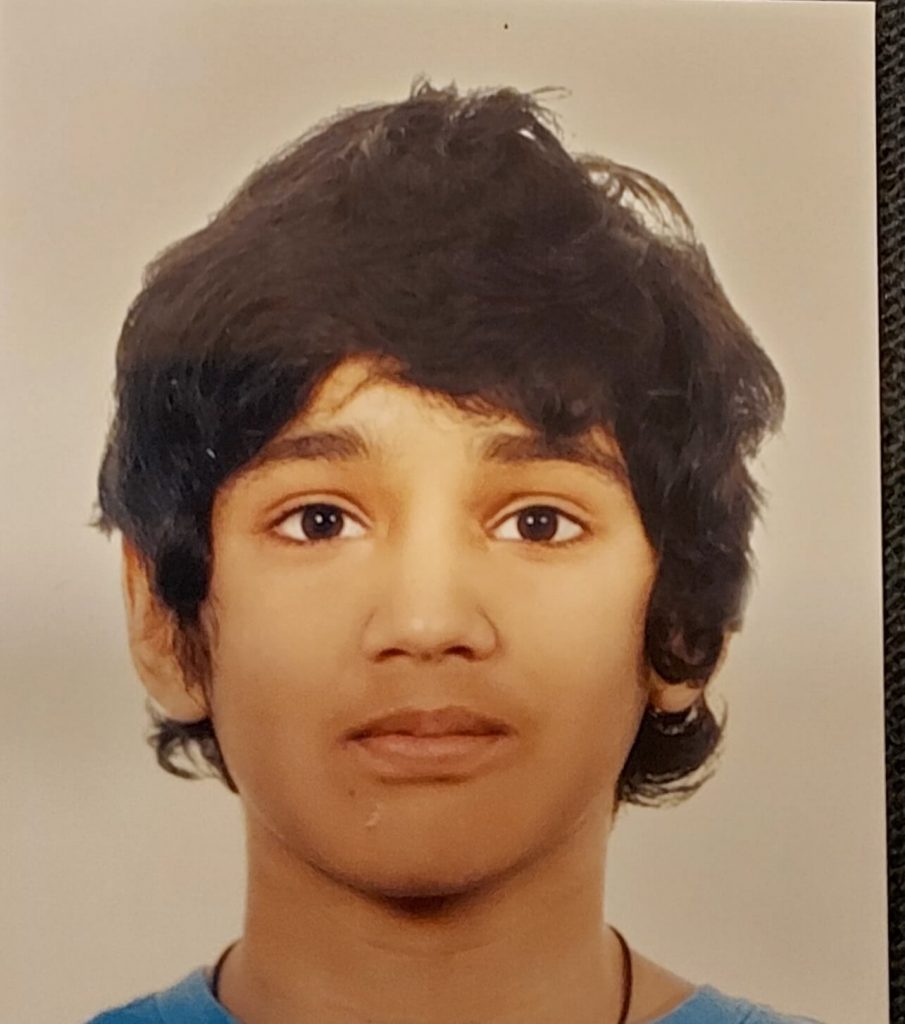Our Schools
Importance of Literature in a Classroom.
"Literature is one of the most interesting and significant expressions of humanity" - P.T.Barnum
We as humans are social beings. We can't imagine our lives to be solitary. Literature facilitates us to understand and communicate with one another in society. It helps us explore the world around us and is a medium to express our views and experiences. So it is of vital importance that the students are introduced to literature at a young age.
Literature is necessary for students as it helps them to develop imagination, improves vocabulary and language skills and even enhances creativity. Literature helps them understand the world outside their home and school.
It is disheartening to see that literature is often not put on the same pedestal as other technical subjects like Math or Science. where it shouldn't be the case.
Literature includes different types of texts like stories and fables, myths
and legends, poetry and drama or even informational texts that help them explore other subjects. It prepares students to read and understand the real world.
There are one too many benefits of including literature at a young age. It is like an exercise for the brain, keeping an individual mentally active and stimulated.
Exposure to cultures from different countries brings in a sense of respect and tolerance, a feat possible through literature. It motivates one to appreciate different lives and their ways and also to graciously disagree with something that may not be right. The different characters the students are introduced to become a source of inspiration. They start to imagine themselves in varied situations. they learn different solutions to problems they come across.
More importantly, reading is fun and literature develops an inclination toward reading and makes them self-learners.
It can be concluded that literature is a gateway to nurturing a child’s life skills more than any assignment or task
can ever do.
Written By:
Shruthi Prakash
English Educator - Primary
Ekya Schools BTM Layout
Igniting the Spark
"Ignite the spark within, and the possibilities are endless."
In the heart of every student lies a flame waiting to be ignited - a spark of curiosity, passion, and potential. Join me on a journey to explore how we can ignite the spark within each student, unlocking their full potential and guiding them towards a future filled with endless possibilities.
Encourage Curiosity:
- Encourage students to ask questions and explore topics that interest them.
- Incorporate inquiry-based learning activities to spark curiosity and critical thinking skills.
- Emphasize Growth Mindset:
- Teach students that intelligence and abilities can be developed through effort and perseverance.
- Praise students for their efforts and resilience, rather than focusing solely on grades or achievements.
Engage students in relevant activities:
- Learning playfully is one fine way of teaching necessary skills to students. Here, they get the opportunity to explore, analyze, think critically and even resolve challenges that may have shown up.
- Activities that demand the involvement of children nourish the chances of building a mindset where curiosity thrives and promotes creative thinking.
Connect Learning to Real-World Applications:
- Show students how the knowledge they acquire in the classroom can be applied to real-life situations.
Cultivate a Collaborative Environment:
- Encourage peer-to-peer learning and group projects that promote teamwork and communication skills.
- Create a supportive classroom community where students feel comfortable sharing ideas and learning from each other.
Let us remember that the flame we have kindled today has the power to light the way for a lifetime.
Jagadeshwari Manivel
English Educator











Leave a reply